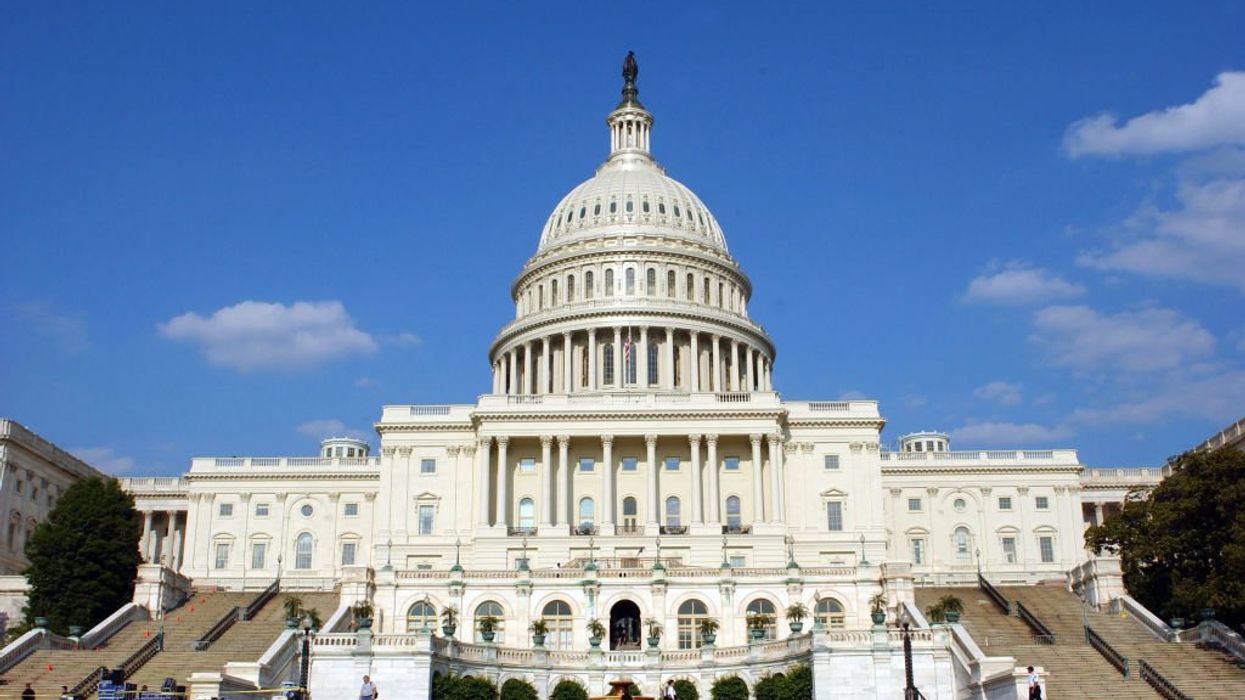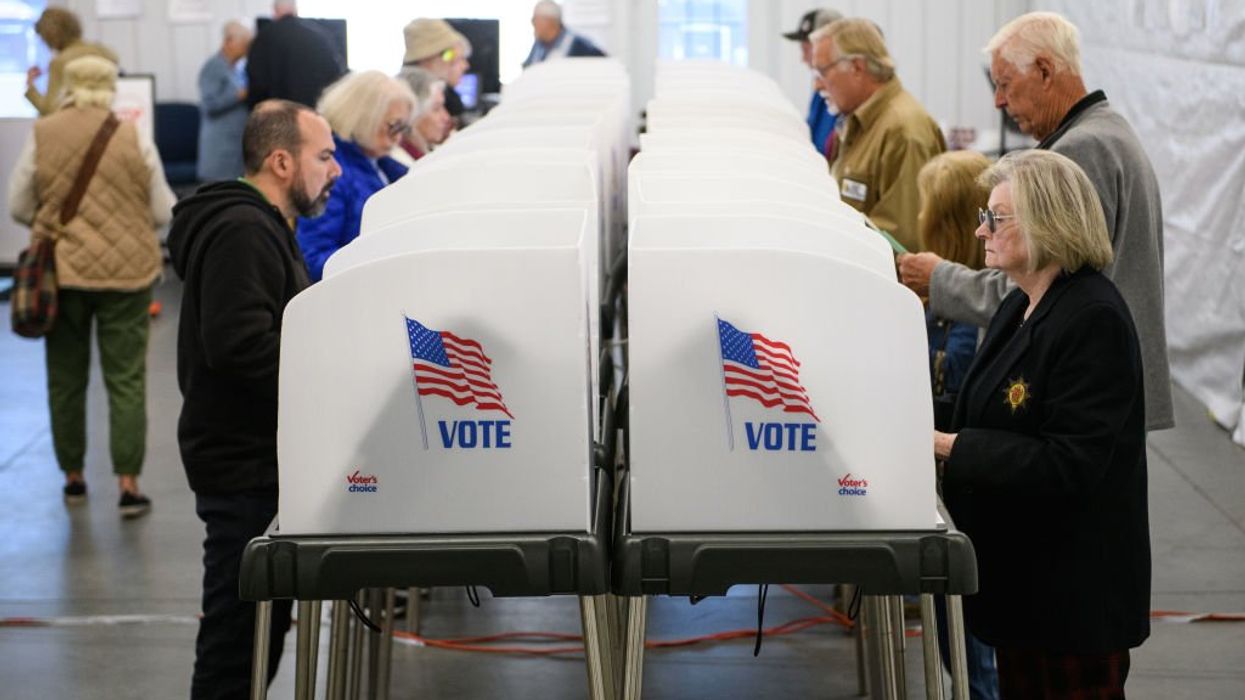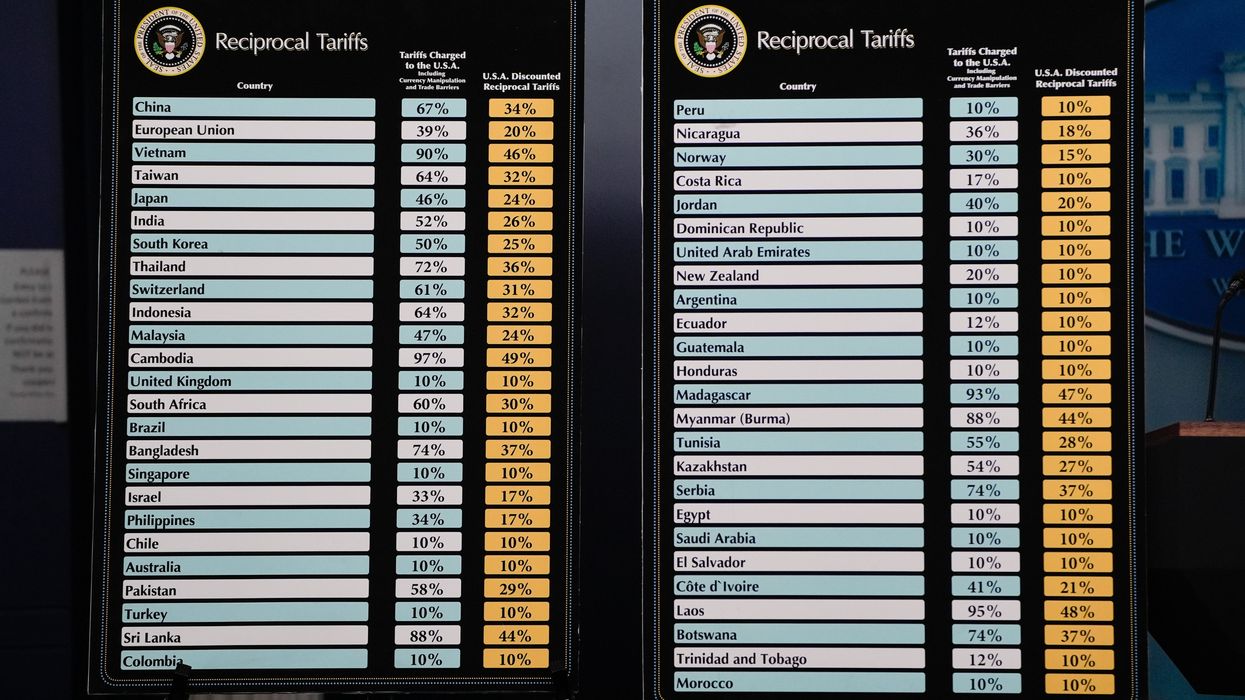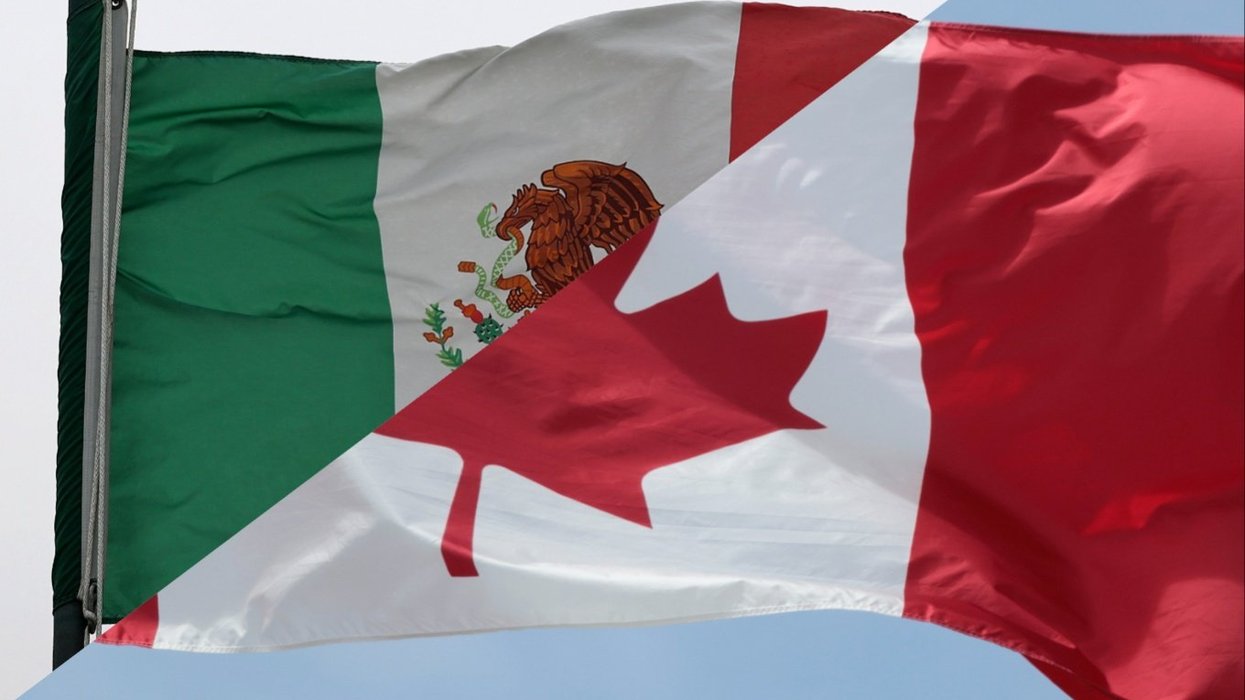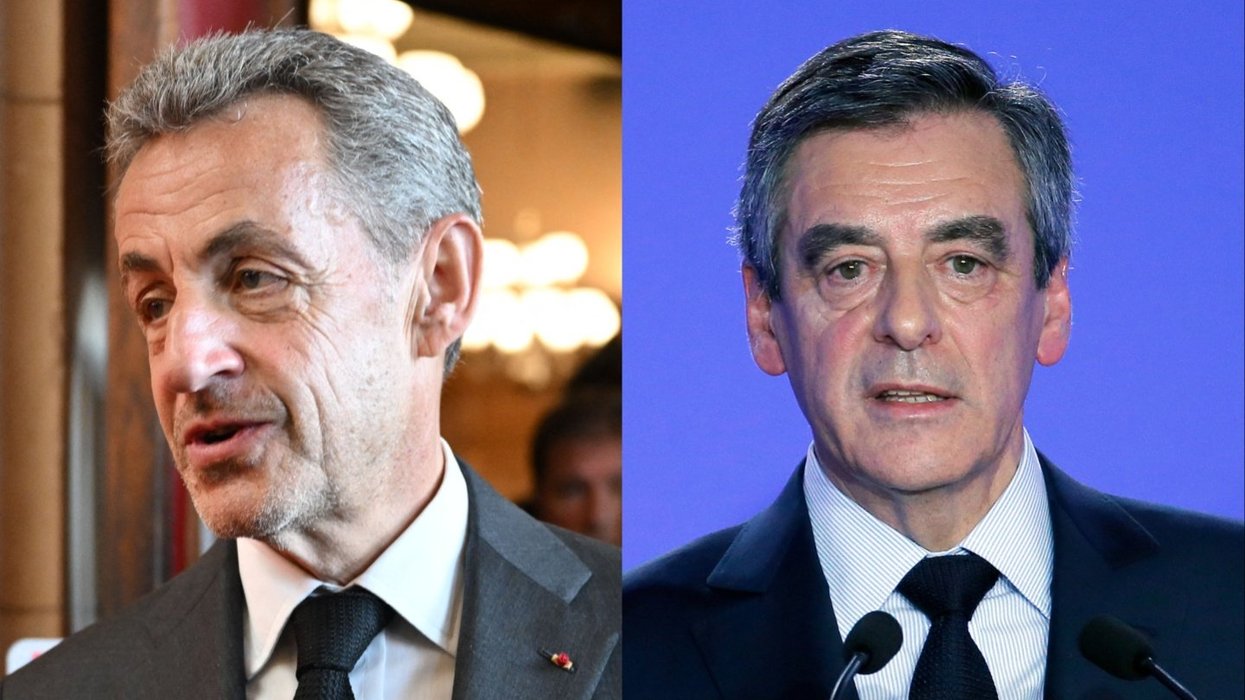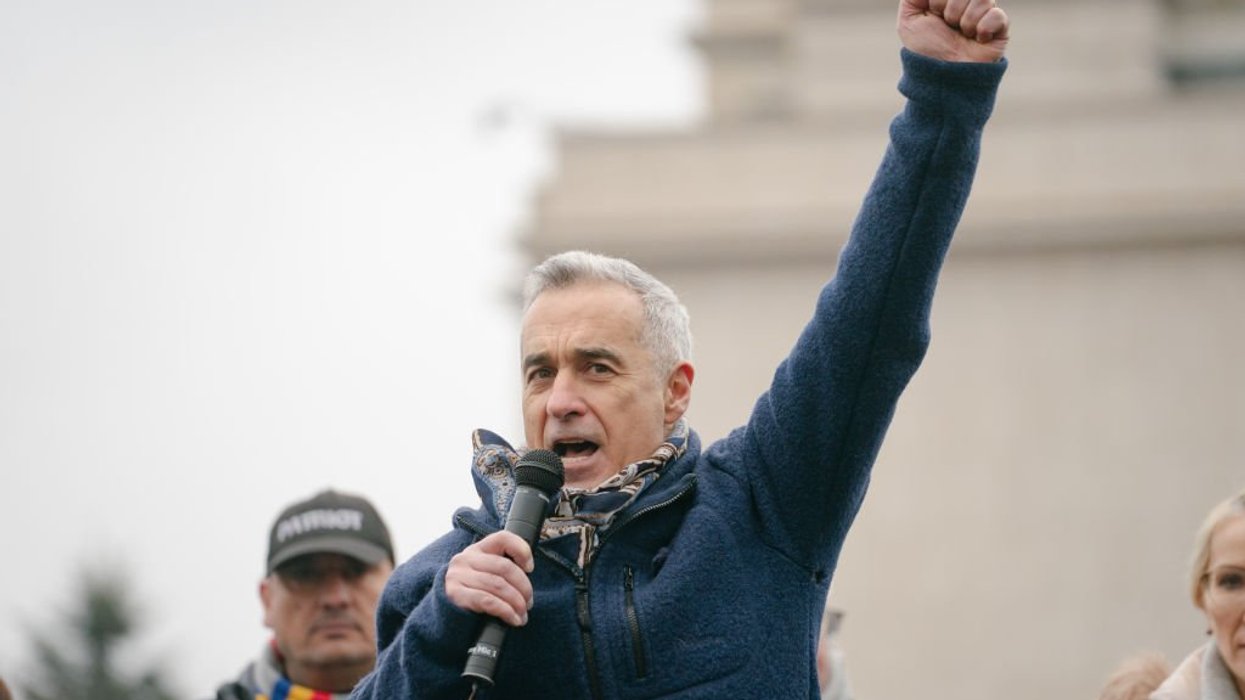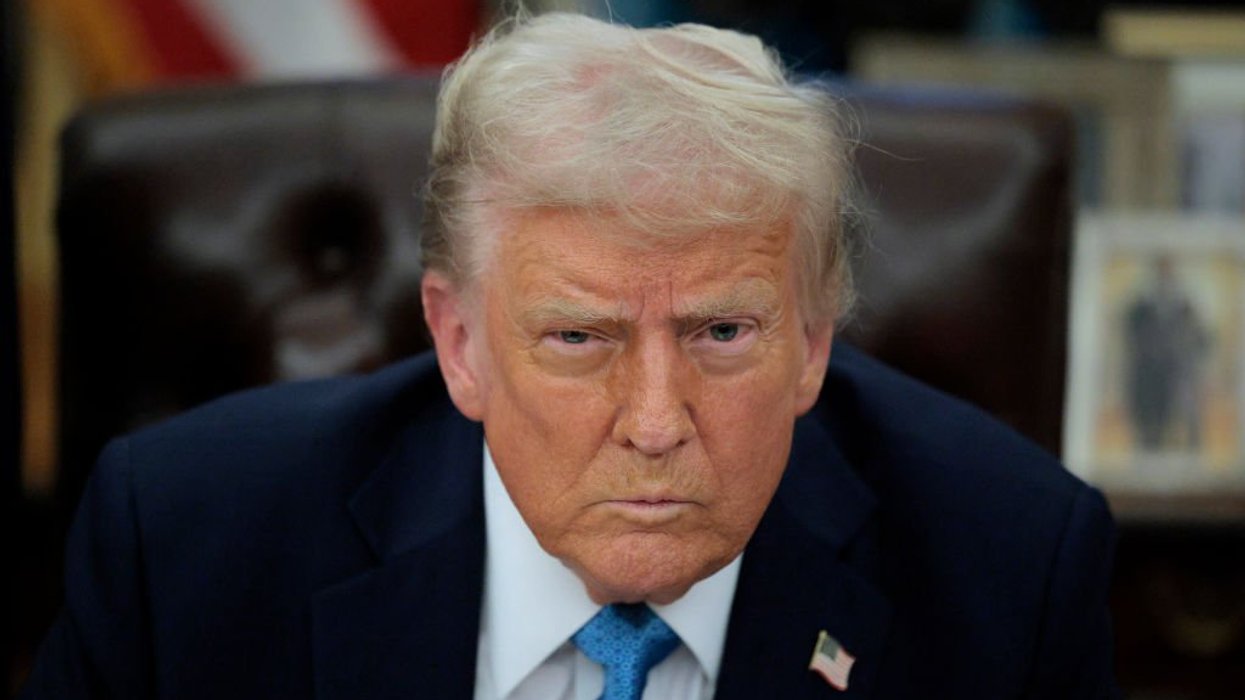In honor of Black History Month, Glenn featured a four-part series on America’s black founders. America has a rich tradition of strong men and women playing prominent roles in the founding of our country — including patriotic black Americans. But you won’t hear about them in school. It simply doesn’t fit with the progressive narrative. Political correctness has watered down and left out the stories of these patriots with strong moral character and courage. It’s past time to set the record straight.
You want to heal our land? It starts with telling the truth. This four-part series puts a laser focus on Americans that might otherwise be lost to history, highlighting how they stood shoulder to shoulder with fellow patriots. Join Glenn as he cracks open the history books to give these great founders their due and helps preserve the amazing stories of America’s black founders.
The four-part series is compiled below for your convenience.
Part I: Crispus Attucks
In the mid-1700’s, people living in the American Colonies were British subjects, still loyal to the crown. However, as the one million people spread across 13 colonies became more and more industrious, they also became more and more frustrated with the lack of input they had over taxation and the laws that came down from Great Britain.
These were the things that governed their lives, and they didn't like it. In fact, it seemed every time they started to gain an economic foothold in the new world, the British Parliament or the king would pull it out from under them. The Sugar Act, the Currency Act, the Stamp Act, and the Townsend Act all added to a growing disenfranchisement from 1750-1770, and also built a sense of American patriotism.
One such patriot was a young runaway slave from Boston, Massachusetts --- Crispus Attucks.
Forgotten over the centuries is that the British institution of slavery, while much more prevalent in the southern colonies was also practiced in 18th century Massachusetts. In 1750, an ad taken out in the Boston Gazette described the escape of a ‘mulatto’ slave named Crispus Attucks, and offered a 10 pound reward for his return, about $2,000 in today’s currency.
Crispus was never captured and lived the next 27 years loving life as a sailor and a free man in the American Colonies.
Tensions were growing among British soldiers and colonists during this time. In addition to taxation without representation, the British Parliament issued writs of assistance that gave British officers the power to search any residence or building without warning or supervision and to confiscate whatever they deemed to be smuggled or otherwise improperly obtained goods. They cracked down on any protest or dissent and gave immunity to corrupt or abusive British officials. There was no right to trial by jury. And the colonials were forced to house British soldiers.
The tensions between British soldiers and colonists did not go unnoticed by Crispus Attucks, and one day Attucks and his sailor friends had finally had enough. They engaged some British soldiers in an altercation. A few days later, a soldier looking for work entered a Boston pub and came across Attucks. Recognizing him from the previous altercation, things escalated quickly. A scuffle ensued, and Attucks was shot and killed. In what became known as the ‘Boston Massacre’, Crispus Attucks died a martyr and became an American Hero.
Not only was Attucks the first black man to die during the American Revolution, he was also the first American to die for his country.
Part II: Peter Salem
Patriotism was on the rise and the sentiment was no respecter of station or color, just ask Peter Salem. Born into slavery in 1750 in Framingham, Massachusetts to Jeremiah Belknap, Salem was later sold to Lawson Bruckminster --- a man who would become a major in the Continental Army.
Taxation without representation took its toll on everyone, causing a shift in loyalties --- and sometimes the act of a few can inspire the masses. One such event for Peter Salem was the Boston Tea Party. So moved by what he had witnessed, Salem pleaded with Bruckminster to let him to fight alongside his fellow patriots. Touched by Salem's devotion, Bruckminster granted the slave his freedom, immediately allowing him to join the Massachusetts Minutemen.
Salem had proven himself a capable spy and learned weeks in advance that the British were planning to attack and take rebel supplies. Because of this intelligence, the rebels moved their supplies and were ready and waiting when the British showed up. The ensuing battle in Lexington marked the beginning of the revolution where the ‘shot heard round the world’ was fired.
Salem later fought at Bunker Hill and the battle of Saratoga Springs, becoming a revolutionary war hero. He lived out his days in Framingham as a free man and cane weaver. Peter Salem was so revered that his final resting place was among white people at the Framingham cemetery, an unheard of honor for a one-time slave.
The town also placed a memorial stone over Salem's gravesite, calling him "a soldier of the Revolution."
At a time when we are so divided, how much of a difference would it make in places like Baltimore, Ferguson and Chicago to know the truth of our Black Founders? To know we have stood shoulder to shoulder as brothers and sisters before, even back to the founding of this great nation?
The story of Peter Salem adds further evidence that the founding of America was truly revolutionary.
Part III: Prince Whipple
Prince Whipple is a name that virtually no American has ever heard. But ask nearly all of those Americans if they know the name of Mr. Whipple from the 1980s Charmin toilet paper commercials, and the answer will most certainly be yes.
Who is Prince Whipple? Tragically, he is one of America's great patriots, erased from recorded history. His last name came from William Whipple, the man who purchased him as a slave, and his first name came from his royal title in Ghana, Africa. Prince Whipple was a man of royal birth sold into slavery.
Prince came to America to study and learn but was instead kidnapped and forced into slavery. He resisted the hate and anger that most would have harbored, and distinguished himself with exceptional manners and hard work. Prince gained the trust and favor of William Whipple. In fact, he was at the side of William Whipple when, as a member of the Continental Congress, he signed the Declaration of Independence.
In 1777, William was made a general in the Continental Army, and he once again took his trusted slave, asking Prince to fight if called upon. In exchange for his freedom, Prince agreed to fight until his last drop of blood. Prince fought valiantly at Saratoga for the American forces. While he honored his word, it wasn’t until 1784 that William Whipple finally fulfilled his promise and freed Prince, who lived out the rest of his days as a free man.
In 1851, a German-born painter who had grown up in the United States, but went back to Germany as an adult, was in despair over his homeland's revolutions of 1848. So he painted the scene of George Washington crossing the Delaware to inspire his fellow countrymen to remember the principles of the American Revolution.
In the painting, at the front of the boat with Washington as he crossed the Delaware, is a young black man. At the the time, many thought that black man was Prince Whipple. Historians have since discovered that Prince Whipple did not participate in the Battle of Trenton, but was instead with William Whipple back in Baltimore, Maryland. It is now believed that the painting is no more than a composite of all the blacks who helped America gain her independence, including Prince Whipple.
The fact that historians now say the man in the boat is not specifically Prince Whipple in no way diminishes his role in American history. Prince Whipple certainly believed in, stood for, fought for and eventually experienced those rights. He is indelibly etched into the fabric of this great nation and its history.
Part IV: James Armistead
Long before there was a CIA, NSA, MI5 or KGB, a long time before there was James Bond or even movies at all, there was a 33-year-old slave named James Armistead. Despite having lived his entire life in slavery, James Armistead wanted to help his country. In 1781, James asked for permission to join the revolutionary cause, and it was granted.
James joined the army and landed in the service of the Marquis de Lafayette. What Lafayette needed most was information --- and a spy. James Armistead was more than willing to oblige, becoming what well may be the first double agent in our nation's history.
Posing as an escaped slave, James entered Benedict Arnold's camp as a waiter and a guide, sending information back to Lafayette. He later returned north with Arnold, earning the British commander's confidence, traveling freely between both sides. In addition to gaining knowledge about the British, he also fed them inaccurate data. It was incredibly dangerous work that would surely bring the death penalty should he be discovered.
One day, there was a huge breakthrough when Armistead discovered that the British naval fleet was moving 10,000 troops to Yorktown, Virginia, making it a central post for their operation. Lafayette and General George Washington were stunned by the news, recognizing this could be a big break for the Continental Army.
Using the intricate and detailed data Armistead provided, Washington lay siege to the town. A massive and devastating American victory at Yorktown resulted in the surrender of Great Britain on October 19th, 1781, essentially ending the war. The colonies had won, thanks to Armistead's intelligence, defeating the greatest military might on the planet.
In 1783, as a reward to the slaves who fought for American independence, Congress passed the Emancipation Act. Unfortunately, the act applied only to soldiers, not spies. Thus, James was considered ineligible for emancipation. It was a tough ruling under the circumstances, but Virginia law dictated that slaves could not be freed from their owners --- even upon the death of that owner. And the Emancipation Act did nothing to change that for James. That same Virginia law is the reason Thomas Jefferson was never able to free his slaves.
Given the heroic service James Armistead had devoted to his country, Lafayette found the ruling unacceptable. The marquess wrote a testimonial for James' freedom. On November 30th, 1786, James with his owner's support, used Lafayette's testimonial to support his petition to the Virginia Assembly that he be granted freedom. On January 9th, 1787, the Virginia General Assembly finally granted emancipation to James Armistead.
As a free man, James purchased 40 acres of land, became a farmer, married and raised a family. Many years later, the Virginia legislature granted him a pension of $40 a year for his heroic service.
Forty years after he had last seen Lafayette, James heard the news that his old friend and commander was returning to visit the United States. Lacking the funds to travel, the white townspeople took up a collection to help. In 1824, the Richmond Enquirer reported that James was recognized by the marquess who called him by name and embraced him. The years had done nothing to diminish their respect, admiration and friendship.
Six years later, on August 9th, 1830, at the age of 82, our first war spy, the revolutionary war spy and former slave, James Armistead Lafayette died a free man on his farm in New Kent County, Virginia.
Featured Image: The Frederick Douglass Statue in Emancipation Hall at the Capitol Visitors Center, at the U.S. Capitol. (Photo by Drew Angerer/Getty Images)

